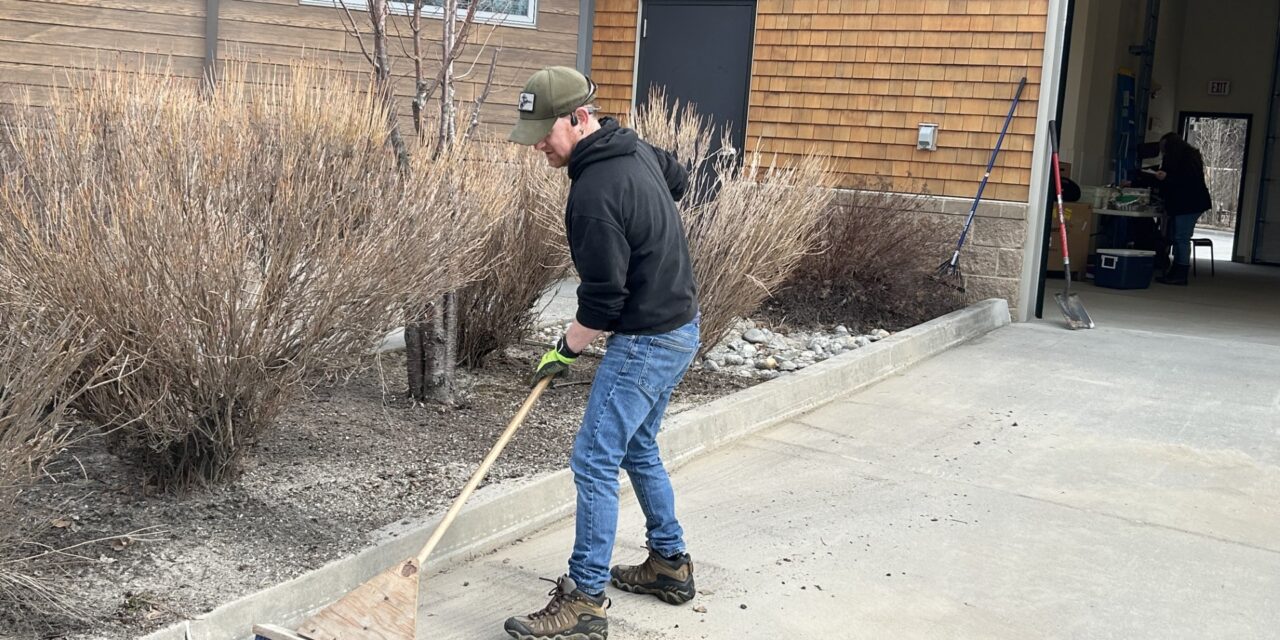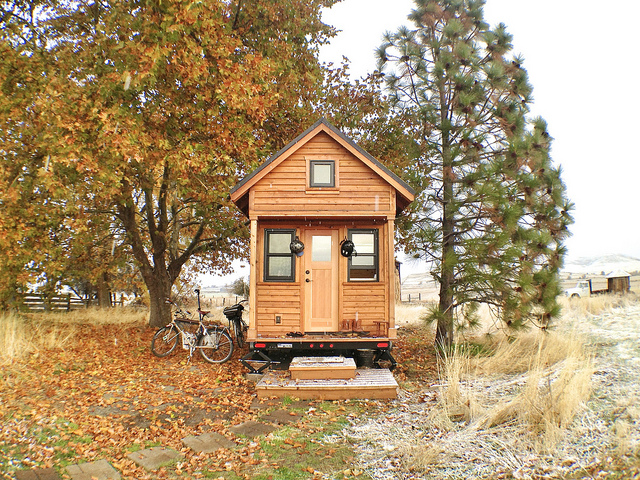Skagway’s clinic continues to grapple with its federal funding woes as it makes a plan to maintain compliance. KHNS reporter Melinda Munson has this financial health report.
Skagway’s Dahl Memorial Clinic Board of Directors met April 10 to discuss two possible options to regain compliance with the Health Resources and Services Administration grant. The HRSA grant provides about $1.3 million of funding to the clinic per year.
The grant also makes it possible for the clinic to operate by allowing it to run all its services under one license. Board President Lea Mauldin explains.
“If we lose our grant at the end of this year, we lose all services that are currently provided at the clinic,” she says. “That’s medical, dental, behavioral health, dental, urgent care, all of it. And if the assembly should say, ‘Well, then let’s fund the clinic fully and get rid of the grant,’ then each and every one of those components is going to mean we will have to apply for a separate license for every single component that we want to provide to the citizens of Skagway. So complying with HRSA, working with the assembly, coming to an agreement that works for everybody saves our clinic as we know it now.”
One major problem HRSA has with the clinic is the authority of the board. Executive Director Albert Wall says city code has become a problem for the grant program.
“The way the structure is set up right now, there is an outside entity, namely the assembly, who has the power to reach into the board functionality, and change things,” he says. “And HRSA will not accept that.”
The two paths discussed at the meeting are electing an 11-member board through the municipality election process, or becoming a 501c3. A 501c3 is a non-profit group with a dedicated mission.
Wall says of the two options, he favors becoming a 501c3, because that’s how the medical industry functions.
“There’s 29 community health centers in the state of Alaska,” Wall says. “There’s 199 care delivery sites. From what I could see, every single one of the clinics are 501c3s, except ours.”
Wall says one of his main goals is to eventually get the clinic to be financially sustainable.
“But one of the problems I believe that’s occurring in the relationship between the city and the clinic, the people of the town and the clinic, is our financial structure,” he says. “These clinics are meant, they’re built to be self-sustaining. When I said earlier that there are no other clinics that are written into the municipality or the city structure of where they’re at – there are no other clinics that are routinely getting public taxpayer dollars to run their clinic.”
The board and the municipality must give a final answer to HRSA within the first week of June. Wall outlines the consequences if that deadline is not met.
“In the first week of July, they will stop allowing us to draw money down from our grant,” he says. “That’s what will happen. We won’t lose the grant, we won’t lose our license, we will still be able to operate as a clinic. But we will not be able to pull any money down. I suppose that’s fine, because right now, we got a large budget this year from the assembly and we can spend taxpayer dollars. But I don’t think that’s the way we should go. I think we need to answer the conditions and move forward. Where this really impacts us is not in this year’s grant cycle. These conditions have to do with this year’s grant cycle. But I’m telling you if we do not answer the conditions, by November when we reapply for our grant, we will not be awarded a grant again. And December 31, the end of this calendar year, we will lose our license.”
Any plan must be approved by the assembly.









